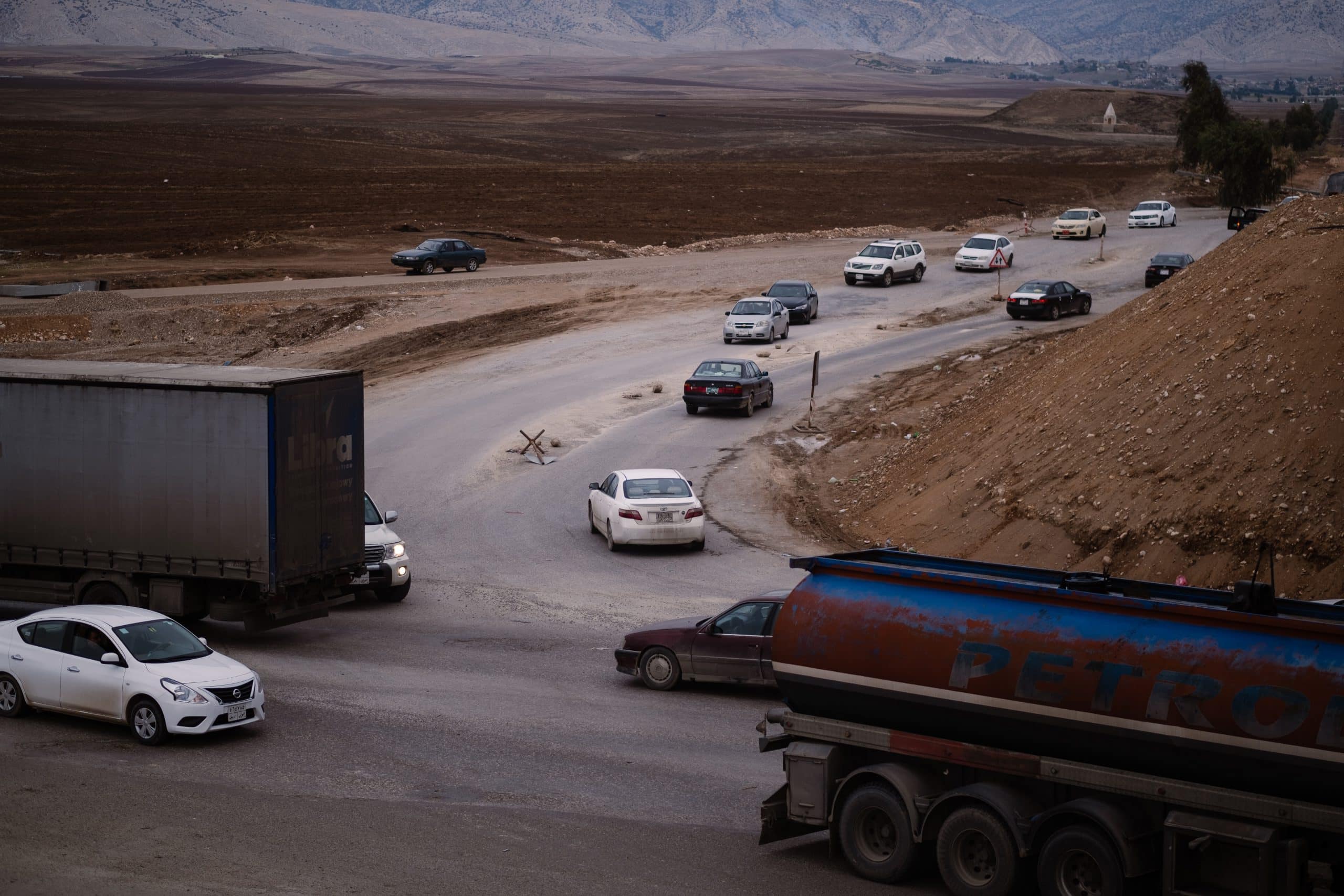Iraq’s population is currently the fastest-growing in the world, and the nation’s Prime Minister has called for expanding economic opportunities in the oil-dependent country. Iraqi Prime Minister Financial Affairs Adviser, Mazhar Mohammed Saleh, stated that there needs to be a renewed focus on investment in manufacturing, tourism, and service areas, among others.
At a population growth rate of 2.6 percent annually, which is the highest throughout the world, the current trend of oil-dependency through 2050 could not be diverse enough for this expanding populace.
Currently, oil accounts for 45 percent of the nation’s Gross Domestic Product (GDP), or the amount that a country produces of all goods and services. A diverse economy is one that provides opportunities for growth and wealth development for its citizens, whereas an economy that is heavily dependent on one sector limits these opportunities for growth.
Saleh stated that “More than 8 million Iraqis receive salaries, a pension, a grant or a social benefit from the state,” which means that oil revenues account for a significant portion of the support people depend on. However, in times of crisis, like the coronavirus pandemic, these people suffer economically.
Iraq’s Economic Conditions
There are currently 40.1 million Iraqis, as tallied at the end of 2020. This is according to information provided by the Ministry of Planning. Current unemployment rates sit at about 23 percent.
When oil prices globally are high, oil-dependent nations prosper. However, when global oil prices drop, which they have done for the past year and a half, then those same economies suffer.
With the ongoing price slump, some Iraqi regions are turning back to farming, a sector that had been neglected for many years. This is especially true in the northern Kurdish regions of the country.
Vineyards in these northern regions are coming back to life for the first time in nearly two decades. Locals have realized it is better to return to these less lucrative means of survival rather than wait for things to turn around in the oil industry.
Iraq a Beacon of Hope?
Iraq has also been looking to foment stronger ties to some other Mid-East nations, most notably Egypt and Jordan. One commentator noted that this latter relationship -Egypt, Jordan, and Iraq- was like the ‘region’s odd fellows.’ But Iraq has long maintained economic ties to these neighbors, and part of that is built-in economic benefit for each.
During the Iran-Iraq War, Jordan was an economic lifeline for Iraq. Most of Jordan’s oil came from Iraq and Egypt witnessed about one million of its citizens emigrate to Iraq during that same time period of the 1980s.
Now, though, with these mediation steps and rebuilding of stronger relationships with its neighbors, Iraq is taking concrete steps into its future, recognizing the importance of diversifying its production and services.
Iraq is emerging from decades of tumult with a population boom. If the nation wishes to not only survive but thrive, it must be willing and able to diversify its economy away from oil dependency. By diversifying, Iraq could very well become a critical player in peace and prosperity throughout the Middle East.



















